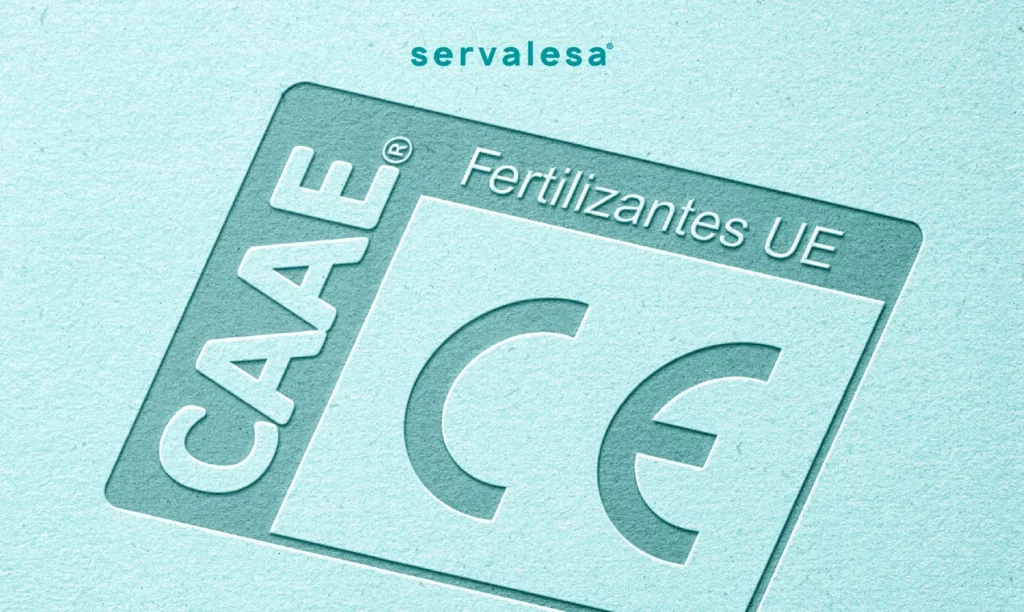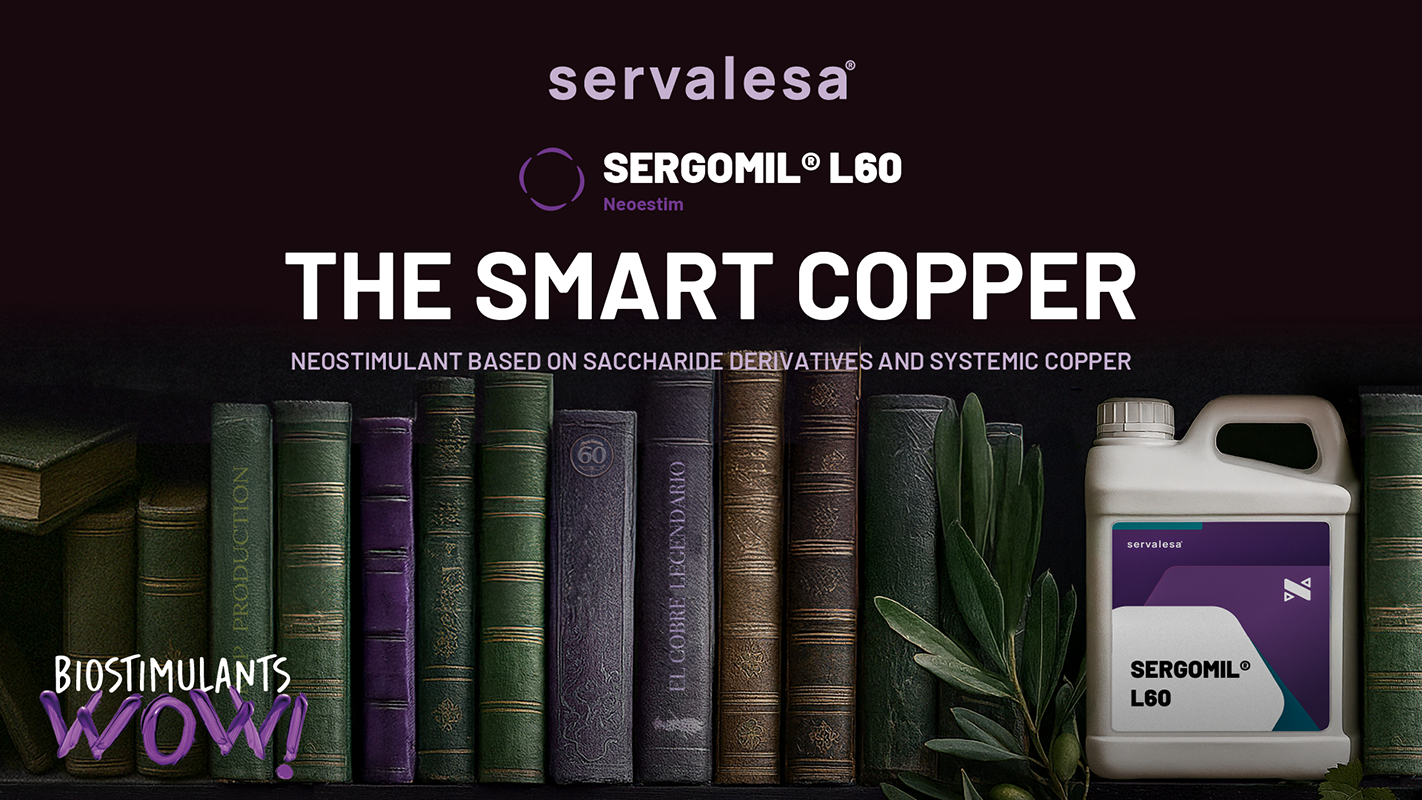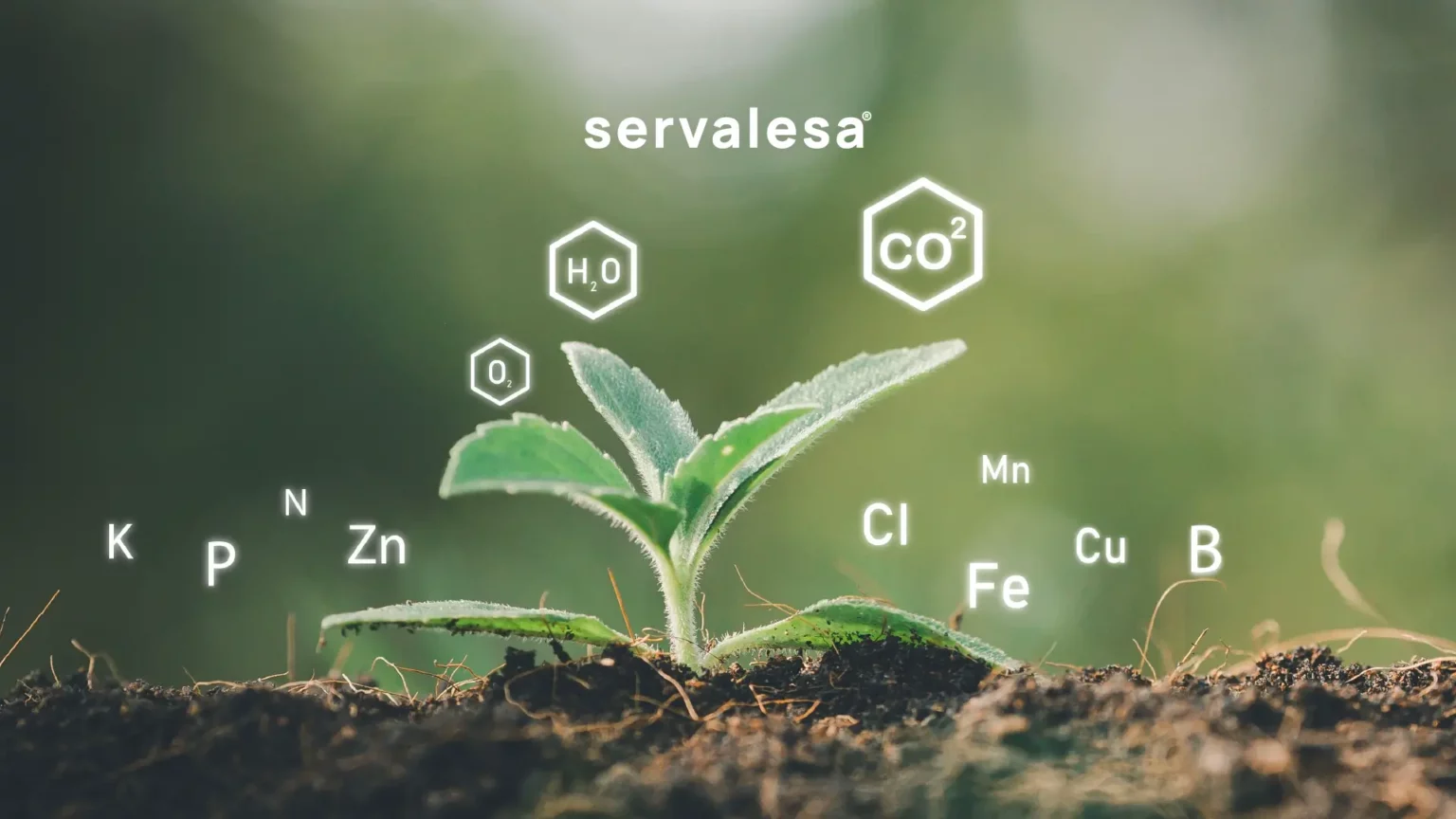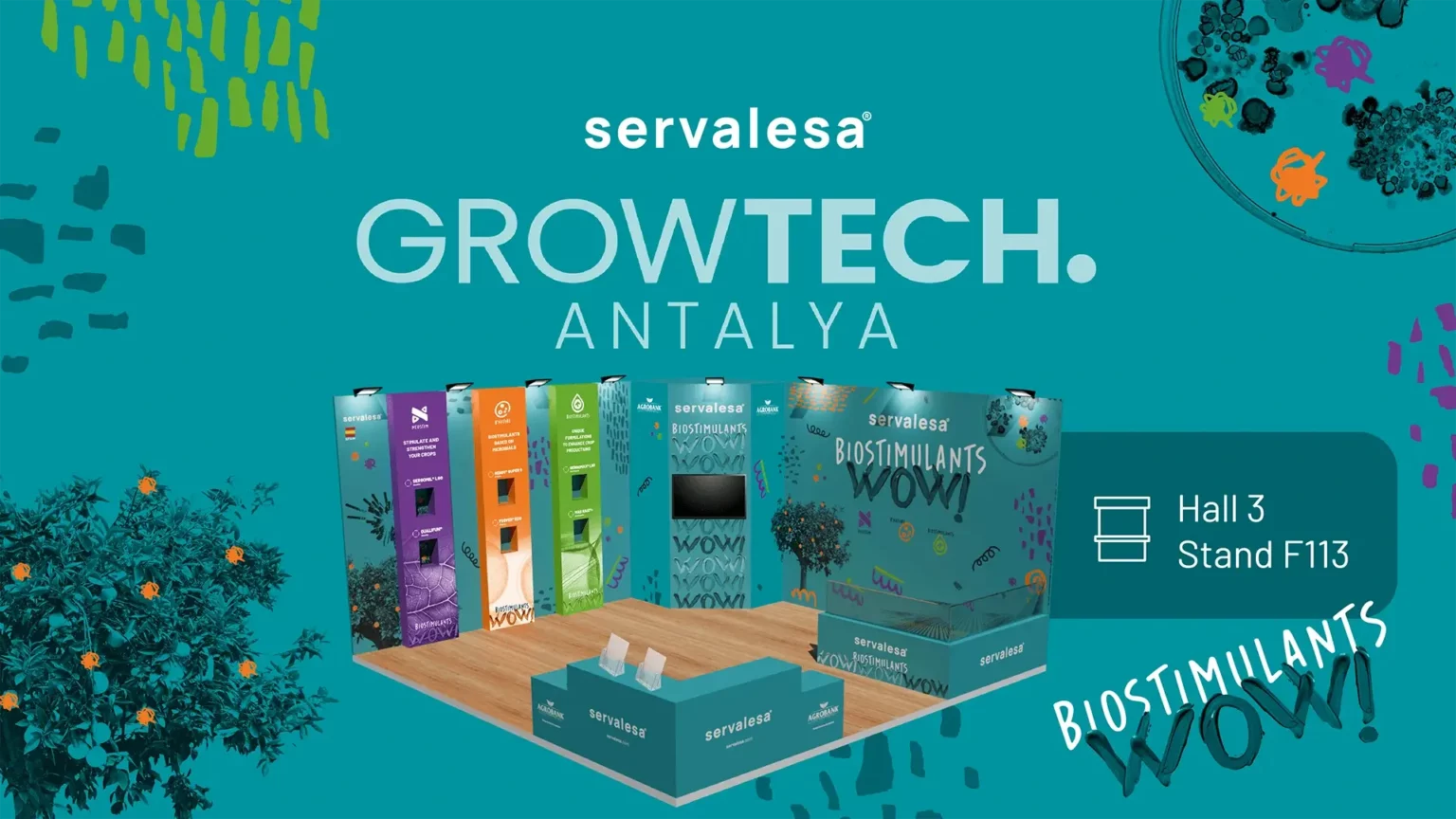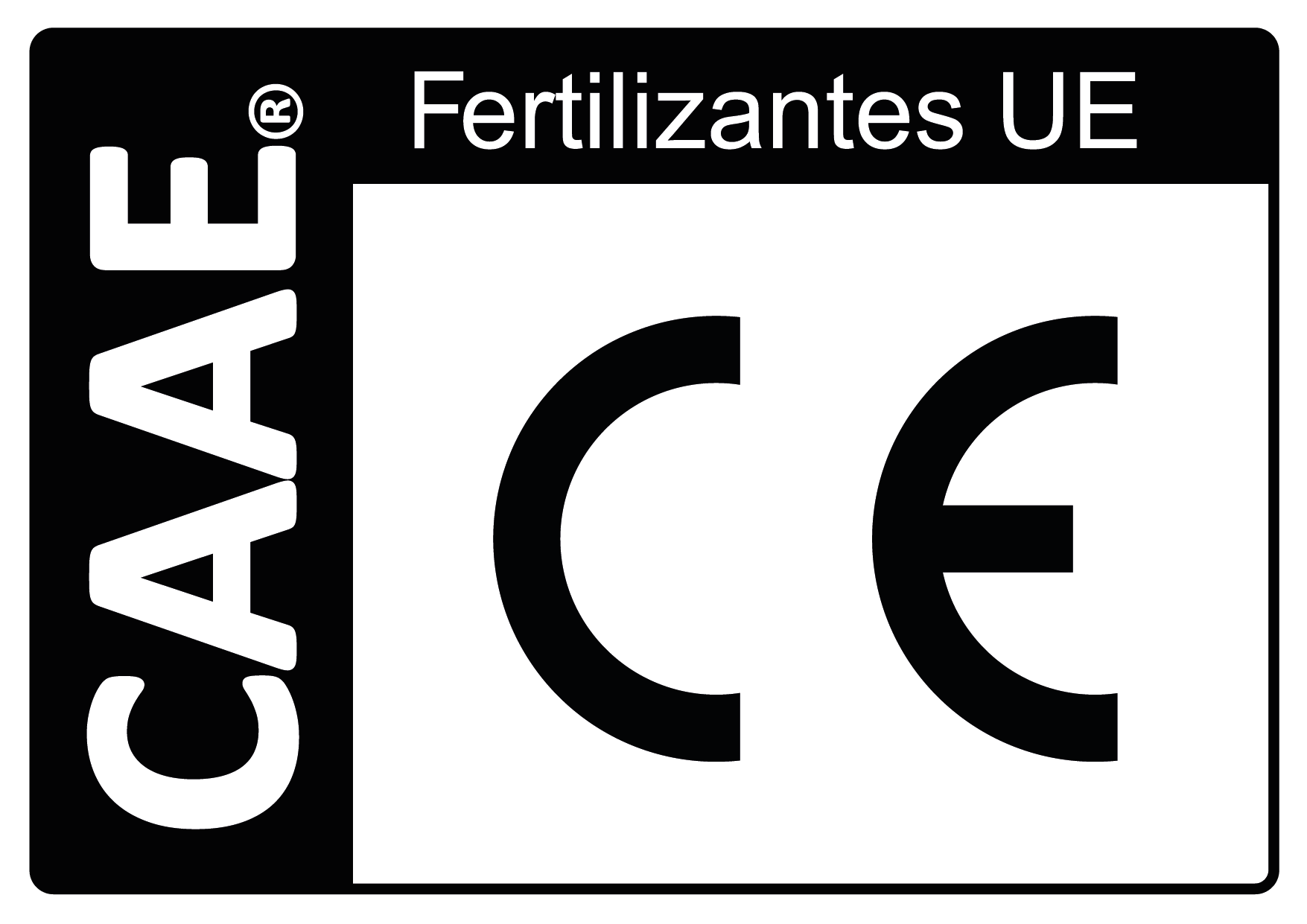
The new EU Regulation 2019/1009 of the European Parliament and of the Council of June 5, 2019 laying down provisions on the placing on the market of EU fertilizer products, is close to one year since its definitive entry into force on July 16, 2022.
This new harmonized regulatory framework for the placing on the market of fertilizers and biostimulants in the territorial scope of the EU, has meant a profound change of paradigm in the conformity assessment of this type of products, making the figure of EC fertilizers disappear as we knew them and as they were included in the previous EC Regulation 2003/2003.
First of all, this new regulation is a complete harmonization framework for practically all types of fertilizers present in the market, with the exception of microorganisms, of which only four genera are included at this time. On the other hand, organic fertilizers, and in particular biostimulants, already have a European regulation that establishes the necessary requirements for their commercialization, following the evaluation of their conformity. These new requirements can be summarized in several fundamental points:
- The quality and safety criteria for assessing the conformity of products and their raw materials are clearly stricter than those of the previous Regulation. These requirements must be met in order to affix the CE marking to the products.
- While the previous Regulation classified products according to categories and types characterized by their content in plant nutrients, this new Regulation defines different Functional Product Categories (FPCs) and Component Material Categories (CMCs). Each of these FCPs and CMCs has its own specific quality and safety requirements that are adapted to their intended uses.
- Specific and clearly defined residue limit values (phosphonates, heavy metals, organic contaminants, etc.) are established for each CFP and CMC.
- Likewise, depending on the PIC that defines the final product and the CMCs of which it is composed, different Conformity Assessment Modules, described in Annex IV of the Regulation, can and must be applied. From Module A, which can be applied by the manufacturers themselves, in what is a self-assessment of conformity, to Module D1 which requires an external Notified Body authorized by the National Accreditation Bodies corresponding to each Member State and which not only assesses the conformity of the products, but also the Quality System implemented by the manufacturer for the elaboration of the products, issuing a Certificate of Quality Assurance of the Production Process.
A notified body is an inspection body in charge of applying the directives or regulations to control the placing on the market and the proper use of the CE marking. It is, therefore, the entity designated by a Member State and approved by the European Commission to carry out the conformity assessment on products to which certain directives and regulations apply and on which the notified body is previously authorized to assess.
In Spain, in order to carry out their activity, notified bodies must have prior approval from ENAC (Entidad Nacional de Acreditación) to confirm that this institution has the necessary competences, tools and means to fulfill its function of conformity assessment of a product under a given European regulation. This approval is obtained for each standard individually.
The market impact of this new regulation, particularly on manufacturers, has been dampened by the permanence of national regulations in each of the EU Member States, whose requirements vary greatly from one State to another. However, it seems clear that the European authorities, as was to be expected on the other hand, are taking steps towards the transposition of certain assessment requirements from the new harmonized Regulation to these national regulations, so that these requirements are equalized.
In this sense, Spain, for example, is preparing updates of the Royal Decree 506/2013 and other Member States such as Romania, have directly paralyzed the registration processes of fertilizers in their territory until defining how the new requirements of the European Regulation are translated into their national legislation.
Servalesa, following its policy of rigorous compliance with existing regulations and in a clear commitment to transparency and rigor, which we understand translates into a strengthening of the confidence of our customers, has anticipated the possible future mandatory compliance with these requirements and has opted for voluntary monitoring of the same, evaluating the conformity of its EU fertilizers through Module D1, the most demanding established in the EU Regulation 2019/1009 and that, as we have said, not only evaluates the conformity of the products, but also ensures the quality of the production process.
This commitment to the evaluation of our products through an external authorized notified body makes us the first Spanish manufacturer of fertilizers and biostimulants to have this Certificate, which allows us to place the mandatory CE marking on our products defined as EU Fertilizers.
This certification enables Servalesa’s EU fertilizers to circulate freely in Europe with all the guarantees for the health of people and the environment, making the companies more competitive, offering quality and safety standards for agricultural producers and final consumers.
This conformity assessment process has been carried out by the first Spanish notified body for modules B and D1, CAAE, with whom, through a multi-stage process, and with the mandatory supervision of ENAC, compliance with the requirements described in this module has been ensured.
CAAE has been accredited by ENAC and authorized by the European Commission with the number NB 2982 as a Notified Body for Conformity Assessment of Fertilizers and Biostimulants under the EU Regulation 2019/1009, which allows us to add to the CE marking of our products, the CAAE seal and its code NB 2982 as a guarantee of an accredited external evaluator.
Servalesa, in short, in a process that began with the publication of the Regulation itself in 2019, takes another step forward in its clear policy of compliance with European regulations, for rigor, transparency and commitment to our customers.
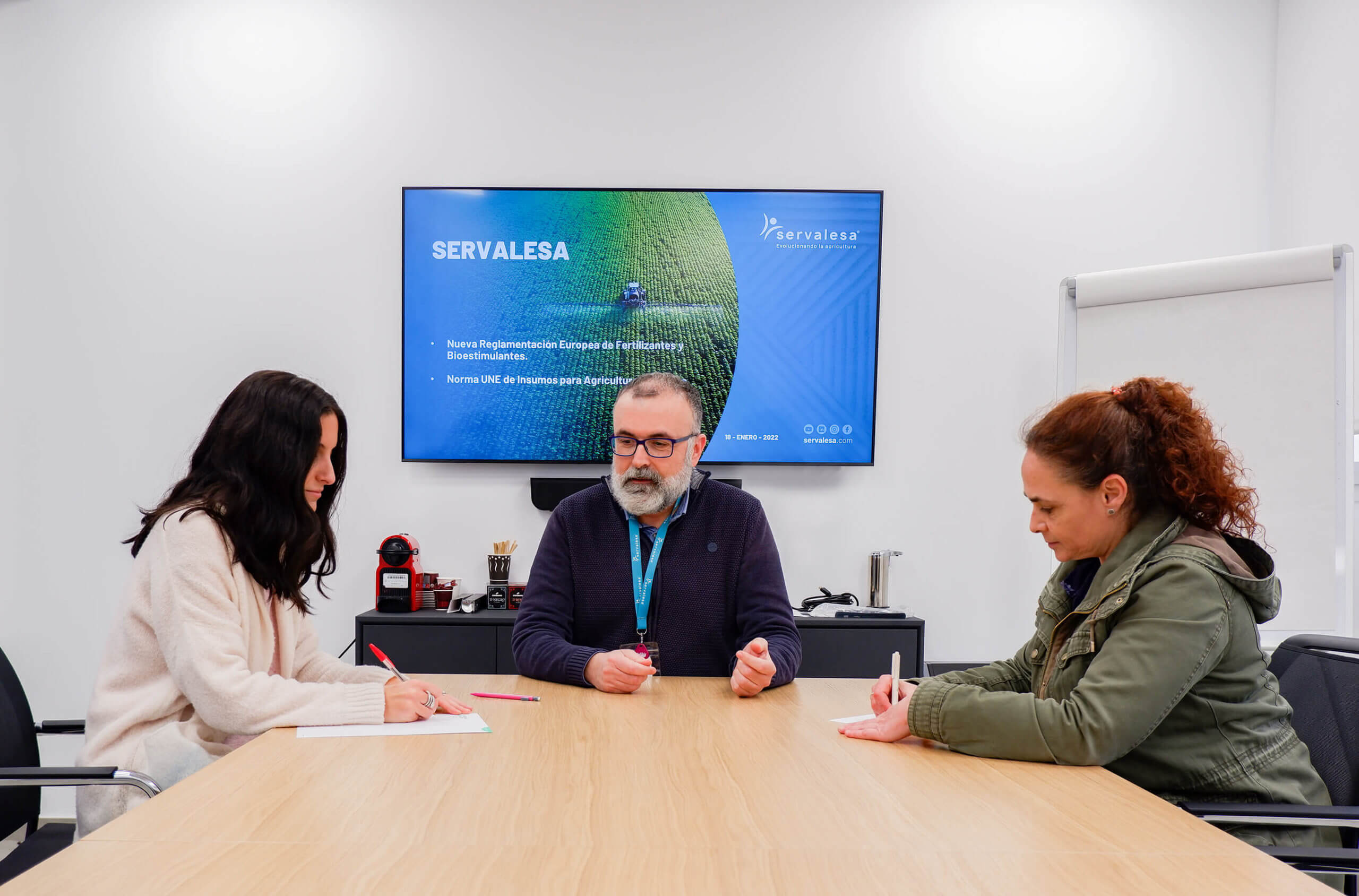
Roberto Ramos
Departamento I+D & Regulatory
